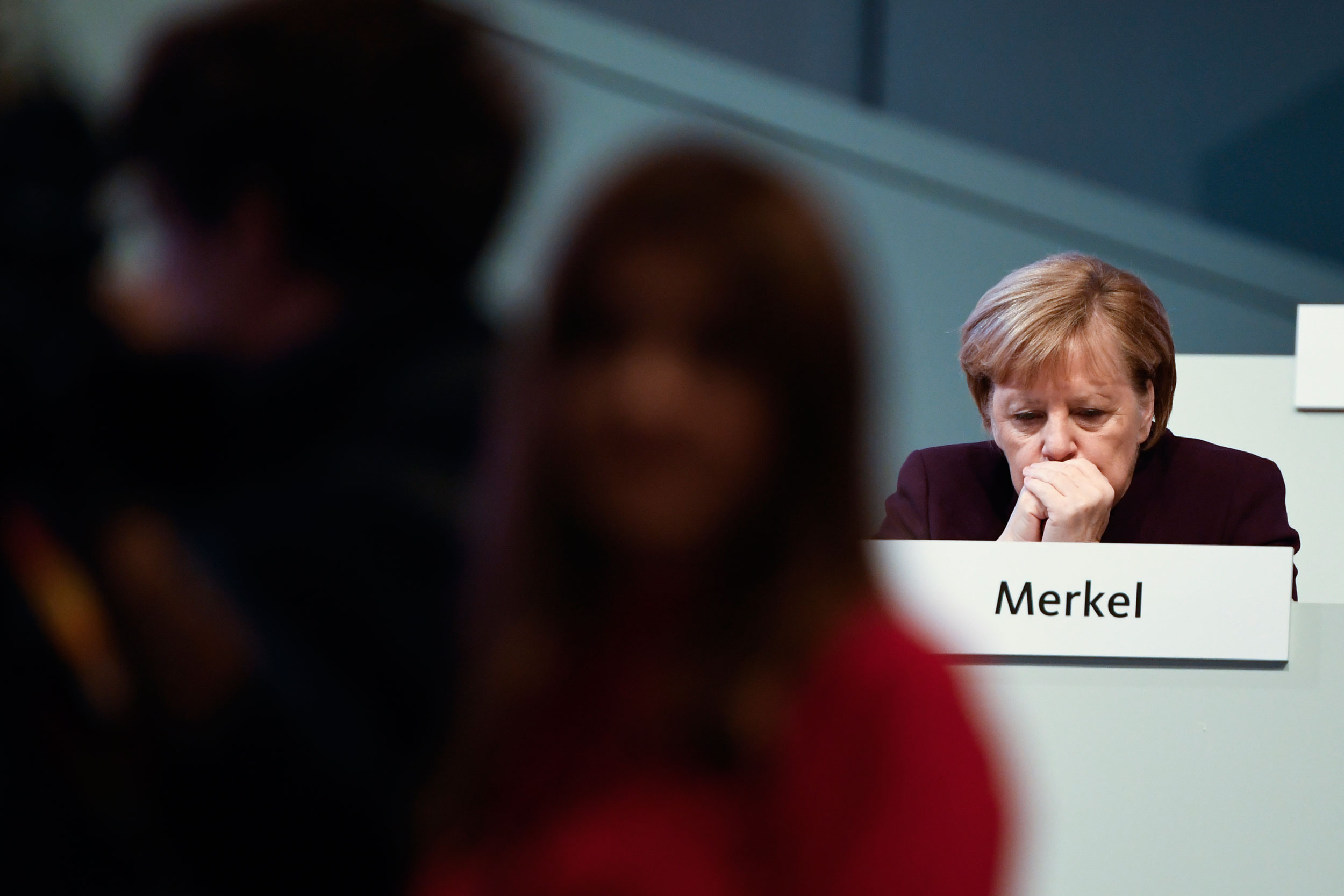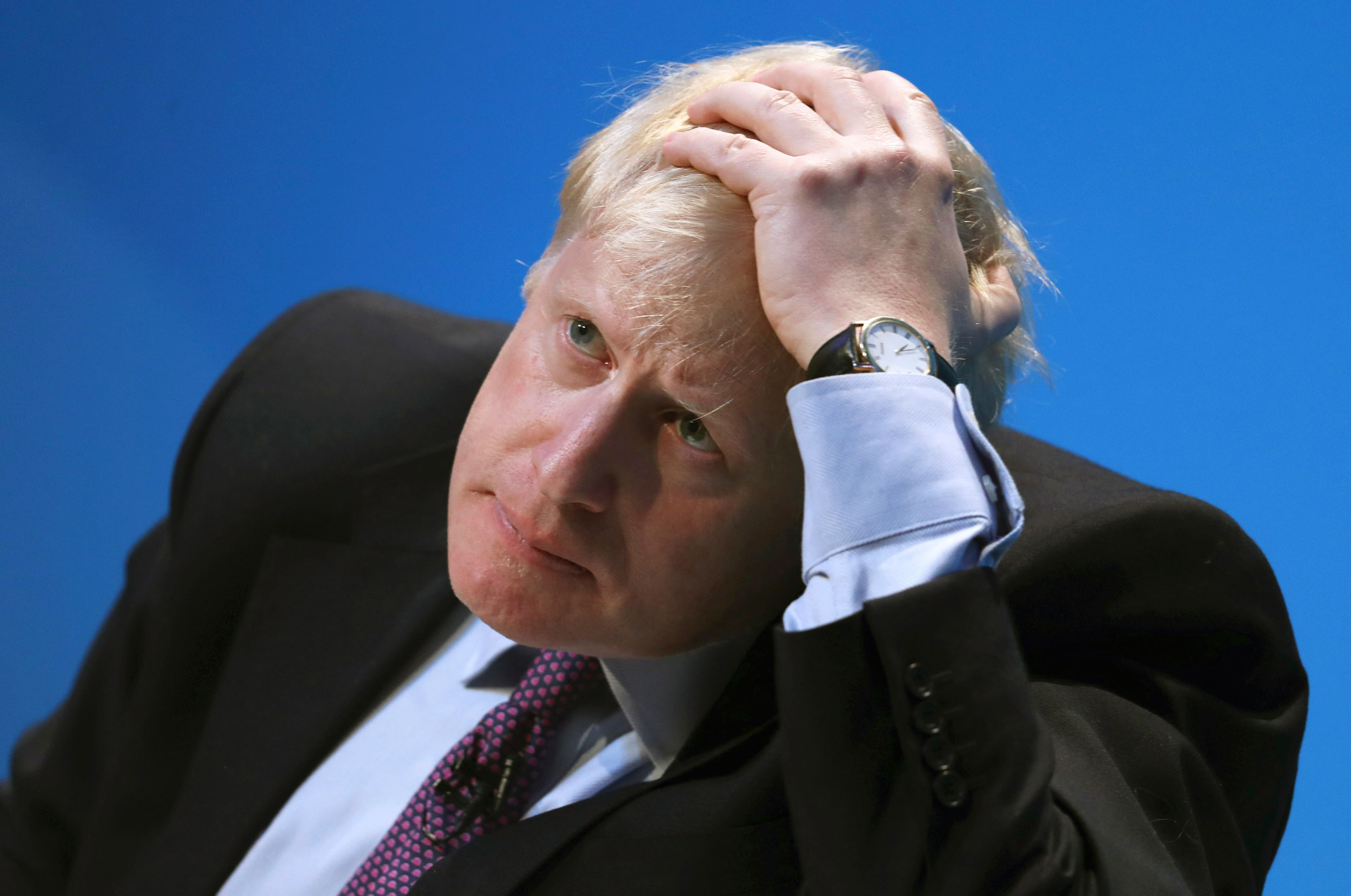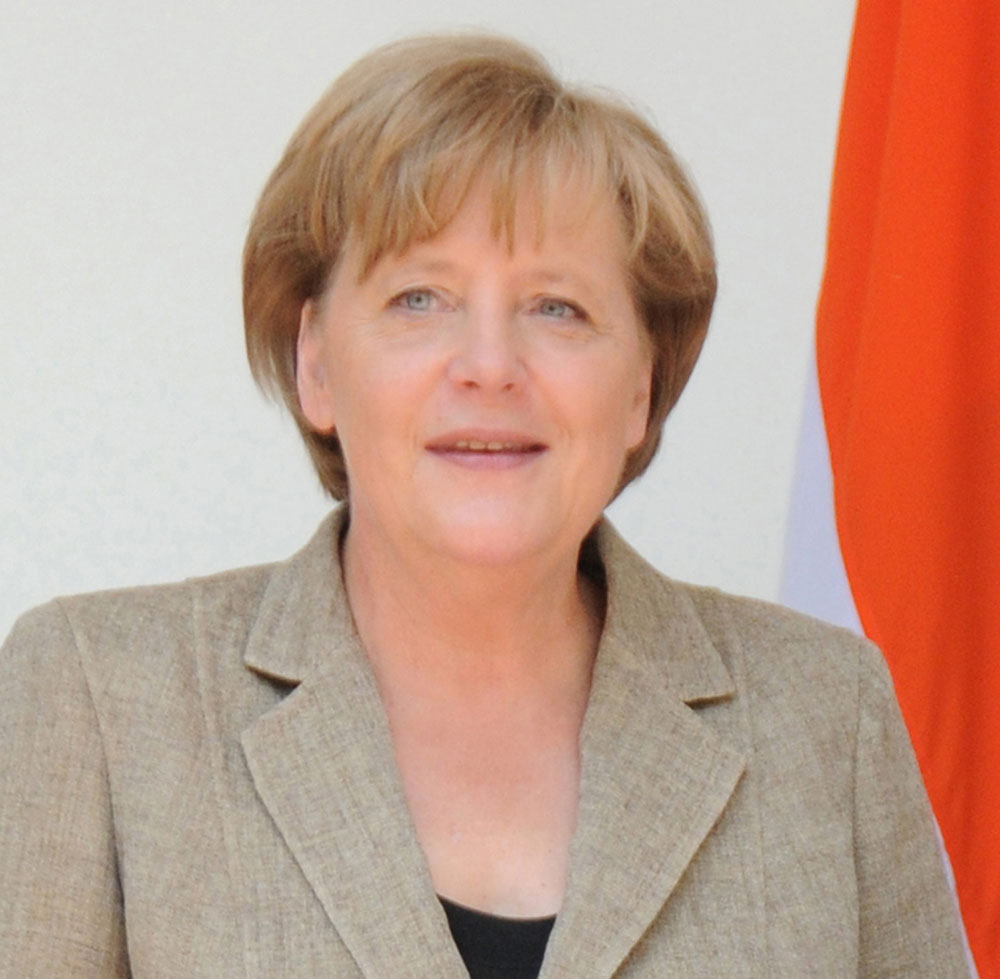If Germany is the heart of Europe, then it is currently the slow-beating heart of a businessman resting on his office couch after an ample lunch. For Europe’s sake, and for Germany’s own, that heart needs to beat a little faster.
It’s not that German leaders don’t intellectually recognize the problems gathering all around them. Berlin, which is beginning to rival London as a think-tank hub, is pullulating with clever people who can tell you exactly why, faced with the challenges of Brexit, populism, Donald Trump, Vladimir Putin, China, climate change and AI — to name but a few — Europe needs more strategic autonomy, digital innovation and sustainable growth. What is missing is a sense of urgency and the ability to translate these abstract goals into policies that German voters will actually support. For now, Germany is effectively willing the ends but not the means.
Why this stasis? Because Germany has been doing quite nicely, thank you. It has not felt the pain that, one way or another, most other parts of the continent have experienced. Crisis, what crisis? Obviously, this is not true of everyone, but even those East Germans who have recently voted in shockingly large numbers for the far-Right, xenophobic Alternative für Deutschland are not primarily complaining about their economic circumstances.
Most Germans probably still view the long period of Angela Merkel’s chancellorship — a staggering 14 years on November 22 — as a stable, good time for the country. The German economy has done well over this period. As well as drawing on all the familiar German business strengths, the Merkel chancellorship has benefited from reforms of the labour market and welfare system introduced under the Social Democratic chancellor, Gerhard Schröder. But Germany has also profited very significantly from external circumstances.
The post-1989 opening-up of Poland, Hungary, the Czech Republic and Slovakia, and their subsequent accession to the European single market, gave a wonderful opportunity for German manufacturers to relocate production facilities just next door, using cheap skilled labour in a kind of Mitteleuropa 2.0. Membership of the Eurozone has kept the German currency at a lower external exchange rate than that to which it would otherwise probably have risen. So the German export machine has powered ahead, generating eye-popping trade surpluses. And because the country has an evangelical Protestant commitment to running a balanced budget (the totemic ‘black zero’), and a constitutionally anchored ‘debt brake’, it has healthy public finances that most democratic capitalist countries would die for.
Yet beneath the surface of this success story there is a growing drumbeat of anxiety. Maybe the country has wasted the fat years, not investing enough in its ageing infrastructure? (There are now growing calls for it to invest more.) Maybe it is missing out on the digital revolution, so its fabled car industry now looks distinctly old-fashioned compared to the self-drive electric cars being developed by the giants of Silicon Valley and China? (Tesla’s announcement that it will build a factory near Berlin is both a tribute to Germany and a frontal challenge to national icons such as Mercedes, BMW and Volkswagen.) Maybe all that has been achieved over seven decades since 1949 will now be eroded thanks to immigration, Trump’s tariff war, populism and other uncertainties? The anxious leitmotif of popular sentiment, especially in the predominant western part of the country, is ‘Let’s hang on to what we’ve got’.
So 30 years on from a peaceful revolution that opened the door to German unification, we have a defensive, conservative society underpinning a defensive, status quo power. The French president, Emmanuel Macron, impatiently wants to revolutionize Europe, giving the old continent Napoleonic strategic ambition, but Merkel’s Germany is not playing ball. As one Macron adviser memorably put it to me: “Aristocrats don’t vote for revolution!” (If the Germans are the pre-1789 aristocrats in this analogy, does that make the French the sans-culottes?) German responses to Macron’s European initiatives have ranged from the lukewarm to the dismissive.
The politics match the economics and society. Germany is the only country I know where politicians actually strive to sound boring. This is part of a culture of responsibility, sobriety and moderation that expresses a conscious rejection of the wildness of German political behaviour between 1914 and 1945. The speeches can rapidly send one to sleep, but if the alternative is Trump and Boris Johnson, I’ll settle for serious and boring.
For 10 of the last 14 years, Merkel has presided over grand coalition governments, bringing together the centre-Right Christian Democrats and the centre-Left Social Democrats. This has given continuous, stable government, but at a cost. Consensual centrism has not encouraged the robust political debate essential to a liberal democracy. Conservative Germans have long complained that ‘we have two social democratic parties’. This is a perfectly competent government for undemanding times, but with none of the ambition needed to face the giant challenges of today. Meanwhile, having both main parties in power together for so long has strengthened support for the extremes, on both Left and Right.
Everyone knows that this is the twilight of the Merkel era, but the Merkeldämmerung is taking longer than the most epic Bayreuth production of Wagner’s Götterdämmerung (Twilight of the Gods). In a recent Politbarometer poll, more than two-thirds of those asked said they want Merkel and her grand coalition government to continue until the end of the current electoral term, in autumn 2021. With the greatest respect to two-thirds of the German people, I don’t think this would be in the long-term interest of either Germany or Europe.
Merkel and her Social Democrat deputy chancellor, Olaf Scholz, have a cunning plan to outlive even Wagner’s gods. First, they marked their own homework, producing a half-term report on the grand coalition government which suggested that it has done on the whole quite brilliantly. Second, they had a nice little row about pensions which ended — surprise! — with a constructive compromise. Now the aim is to get support for continuity at their respective party conferences, the Christian Democrats in Leipzig, the Social Democrats this month in Berlin.
Fortunately, even German politics is not entirely predictable. Merkel and her putative successor, Annegret Kramp-Karrenbauer, will face criticism from a right-wing challenger, Friedrich Merz. Scholz has to compete for the party leadership with a pair of contenders from the Left, in a postal ballot of party members. If, under Teuto-Corbynista leadership, the Social Democrats were finally to leave the grand coalition, then a variety of possibilities would arise. Perhaps a Christian Democrat minority government? Or a ‘Jamaica’ coalition of Christian Democrats (black), Free Democrats (yellow) and Greens (green)? Or new elections, possibly leading to a black-green government?
Whatever happens, one thing seems clear to me: in Germany’s own long-term interest, and in Europe’s, it’s time for a change.
The author is Professor of European Studies at Oxford University and a Senior Fellow at the Hoover Institution, Stanford University












